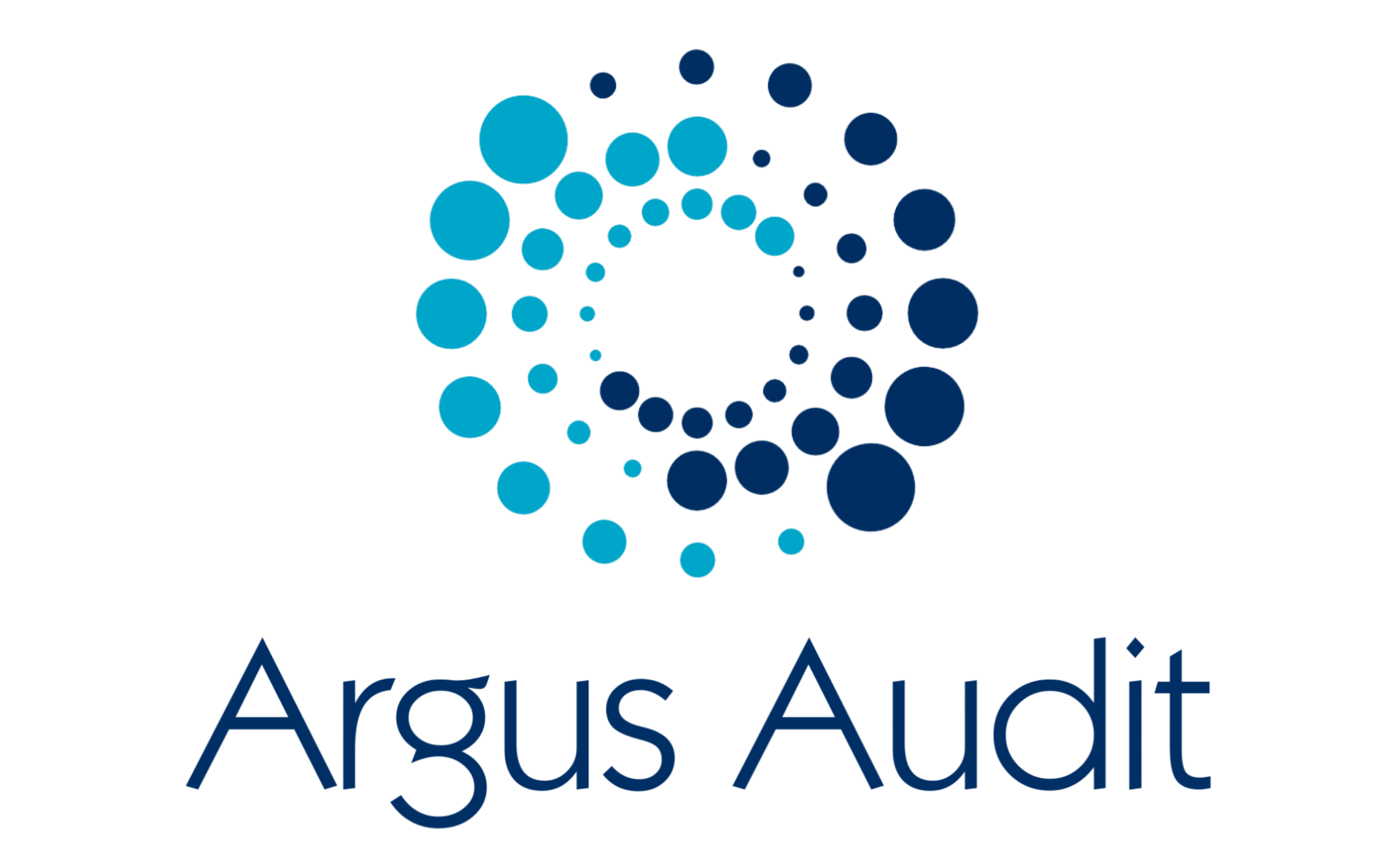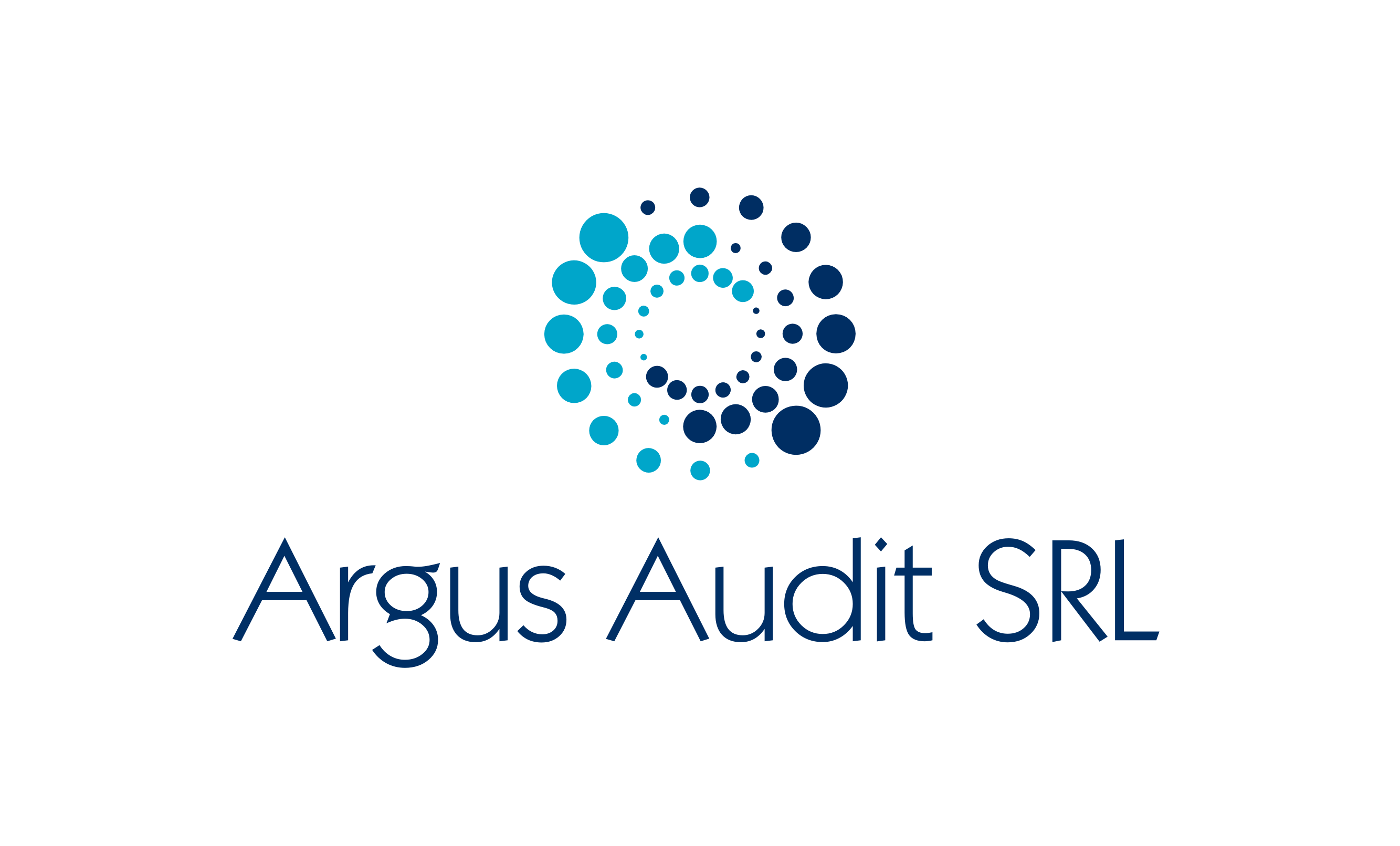Workplace Harassment – Employer Obligations
The employer is obligated to take any necessary measures to prevent and combat acts of workplace harassment, through the implementation of internal policies and anti-harassment measures, including provisions in the internal regulations.
Elimination of all forms of discrimination is achieved through:
Prevention of any acts of discrimination, by informing employees of the internal anti-harassment policy, organizing information and training campaigns, ensuring that employees are informed at least about the following elements:
- Legal framework and definition of harassment in the workplace
- Responsibilities of employees and the employer
- Preventive measures
- Reporting procedures for such situations
- Resolution methods
- Disciplinary sanctions for employees who commit acts of workplace harassment
Mediation through amicable resolution of conflicts arising from acts of discrimination;
Sanctioning discriminatory behavior according to the internal policy or the employer’s internal regulations. Disciplinary responsibility does not remove the contravention or penal responsibility of the employee for the respective acts.
The employee, as a victim of workplace harassment, must prove the factual elements of the harassment, with the burden of proof lying with the employer, as per the law.
Job Descriptions and Internal Regulations
Employers are obliged to prepare job descriptions for each employee and inform employees about the duties of their position.
Employers also have the obligation to draft the Internal Regulations and make them known to the employees.
Negotiation of the Collective Labor Agreement
In any unit with at least 10 employees, collective negotiation is mandatory. However, the obligation only refers to initiating collective bargaining, not to concluding a collective labor agreement.
In the event that a collective labor agreement is not concluded, we consider that the initiation of collective negotiation should be resumed annually.


